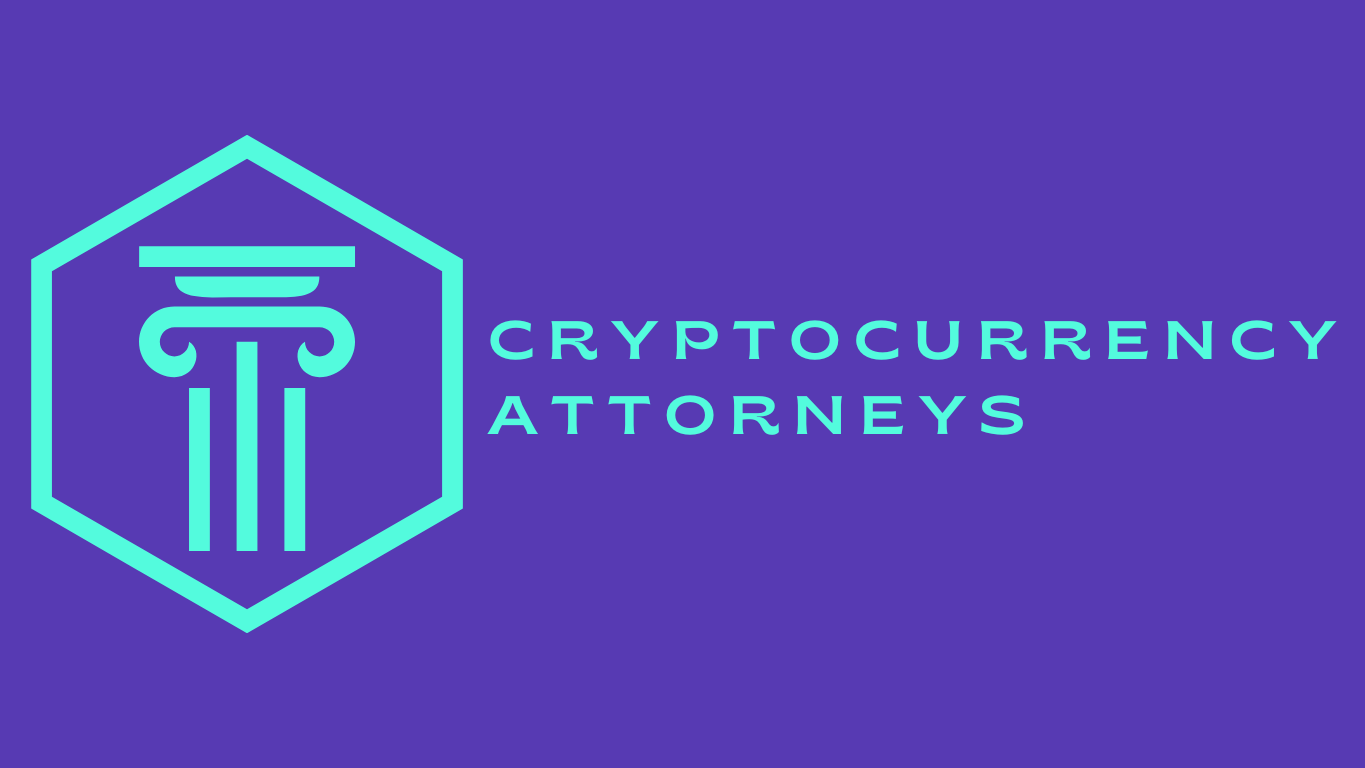If you’re in crypto, OFAC isn’t just for banks—it can affect you too. The U.S. enforces sanctions against certain countries, wallets, and individuals, and even a single blocked transaction can trigger fines or legal trouble. Here’s why every crypto investor needs to understand how OFAC works and how to stay on the right side of compliance.
What is OFAC?
The U.S. Office of Foreign Assets Control (OFAC) is a division of the U.S. Department of the Treasury, tasked with enforcing economic and trade sanctions imposed by the U.S. government. OFAC implements and oversees financial and international restrictions aligned with U.S. foreign policy and national security objectives, playing a critical role in advancing the country’s strategic and public safety goals on the global stage.
Here’s what the agency says about itself: “The Office of Foreign Assets Control administers and enforces economic sanctions programs primarily against countries and groups of individuals, such as terrorists and narcotics traffickers.”
Main Character Energy
Think of OFAC as the grown-ups in the room. Their entire business is making sure money doesn’t flow where it shouldn’t. That responsibility breaks down into four big areas:
-
National Security: OFAC works to protect the safety of the United States by using economic sanctions to address threats from certain countries, organizations, or people.
-
Foreign Policy Goals: The agency helps achieve U.S. foreign policy goals by using sanctions to influence the actions of targeted groups or governments, supporting human rights, stopping terrorism, and addressing other issues.
-
Global Financial Safety: OFAC helps protect the U.S. and international financial systems by enforcing sanctions that limit the access of targeted groups to financial resources.
-
Compliance and Enforcement: OFAC makes sure people and businesses follow U.S. sanctions laws. The agency investigates and takes action against those who break these rules.
OFAC’s main goal is to use special economic tools to reach important policy goals, helping protect the national security and foreign interests of the United States.
Recent Actions
OFAC takes enforcement seriously. Violations can lead to massive fines, criminal prosecution, and long-lasting reputational damage.
A few recent examples:
- In April 2023, British American Tobacco paid $508 million (the largest non-bank settlement) to settle alleged U.S. sanctions violations.
- In May 2023, OFAC “sanctioned four entities and one individual involved in obfuscated revenue generation and malicious cyber activities that support the Democratic People’s Republic of Korea (DPRK) Government.”
- In April 2024, SCG Plastics, “agreed to pay $20,000,000 to settle its potential civil liability for 467 apparent violations of OFAC sanctions on Iran.”
- In. November 2025, a real estate investor has been ordered to pay $4.7 million after OFAC determined they engaged in transactions involving property belonging to a blocked Russian person.
The Lazarus Heist
If you’re interested in learning more about the DPRK’s cyber crimes and IT worker operations, check out The Lazarus Heist, a podcast by BBC News World Service!
Hosts and journalists Geoff White and Jean Lee share thoroughly researched information, interview eye witnesses, and weave a compelling story about state-sponsored cyber crime.
OFAC Compliance
To ensure effective compliance, businesses and individuals may want to consider various factors.
- Training and Awareness: Employees and individuals should understand their role in maintaining compliance and recognize potential red flags that may indicate prohibited transactions.
- Ongoing Monitoring and Review: Ongoing monitoring of transactions, customer screening, and internal controls help identify and address any compliance gaps or issues promptly.
- Collaboration: Seeking guidance from compliance professionals, legal experts, or consultants with expertise in this area can provide valuable insights and ensure that businesses and individuals have the necessary knowledge and resources to maintain compliance.
- Technology Solutions: Leveraging technology solutions, such as automated screening systems, can streamline compliance processes, reduce manual effort, and improve accuracy. Integrating such solutions into existing systems can enhance efficiency and effectiveness in complying with OFAC regulations.
Don’t Forget
It’s not a choice. Following OFAC rules is important for businesses and people working in international finance. OFAC rules and sanctions change often and can affect many industries like banking, trade, shipping, and more.
It’s important for businesses and people to stay updated on OFAC rules. They should get legal help or talk to experts to make sure they follow the rules and avoid penalties.
As a reminder, this is intended for information purposes only and is not legal or financial advice.
Discover how FinCEN, the Financial Crimes Enforcement Network, protects U.S. markets by monitoring financial crimes and enforcing compliance.
